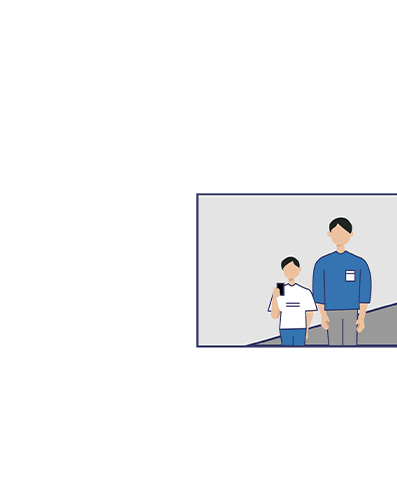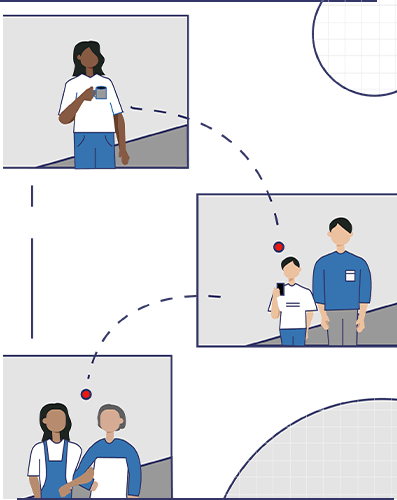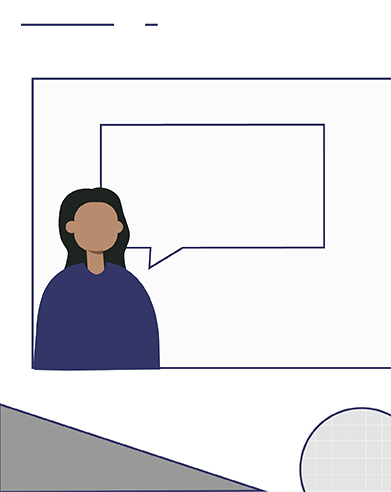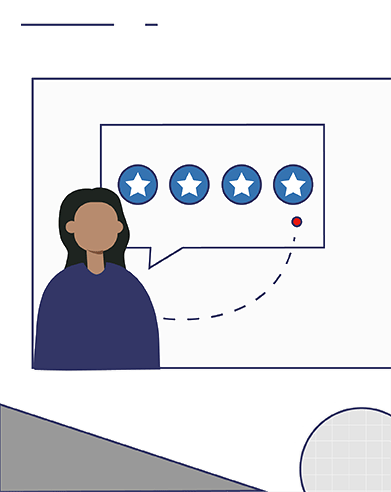Who Your Audience Is and How to Find Them
This chapter covers all things data, so you can find the best ways to identify and connect with your ideal audience.
2 Min. Read










Chapter Sections:
Getting to Know Your Audience with DataGetting to Know Your Audience with Data
Before you can learn how to create your mailpiece, you first need to learn about your customers—otherwise known as your audience.
Think about it from a human perspective:
- How much do you know about them?
- What are their unique problems and needs? How can you help solve them?
- If they’re current customers, what do they like about your business or wish your business offered?
The good news? There are more tools available than ever before to help you answer these questions and get you thinking from the customer’s point of view. You can look at a few key data points to help craft your messaging in a way that resonates with different audiences. Let’s briefly go through those now.







-

Demographics
- Age
- Gender
- Marital status
- Education/Income level
- Ethnicity
- Place of residence
-

Psychographics
- Personality
- Values
- Interests
- Opinions/Attitudes
- Lifestyle
-

Behavior
- Engagement with print/digital ads
- Engagement with websites
- Engagement with direct mail
- Engagement with social media
- Response to promos/sales
When considering these factors, think about the journey your customers take when buying your product or signing up for your service. Then, identify ways you can engage them at the various steps in that journey—and yes, it always comes back to the customer.
Exercise
Look back at those customer data points we just went over. Which of them are most important to focus on? Take note of these, then take a moment to think about why they’re so important to your specific business, product or service.
Before you go off to the next chapter, there’s one more thing to talk about: ways to actually gather the customer data you need.
To better understand this, let’s start with these questions:
- Have you looked at previous promotions (like sales or discount codes) and site content (like new product announcements) to determine what prompted your customers to act?
- Did you look at your social media profiles and analyze which content is most liked, and by whom, to see how customers are engaging?
- What types of customers are following your social channels, and are there any common themes in the kind of content they’re personally posting?
- How are customers describing your product or service on review sites? How does it make them feel?
- Can you interview a few customers who may be willing to help, perhaps offering an incentive?







Lesson Learned
When it comes to mail, people matter. Identifying the data points you should focus on—and how you can best gather them—is the first step to truly connecting with customers.
Need help? Reach out to the Mailing & Shipping Solutions Center at MSSC@usps.govarrow_right_alt and a team member will be in touch.
 search
close
menu
search
close
menu